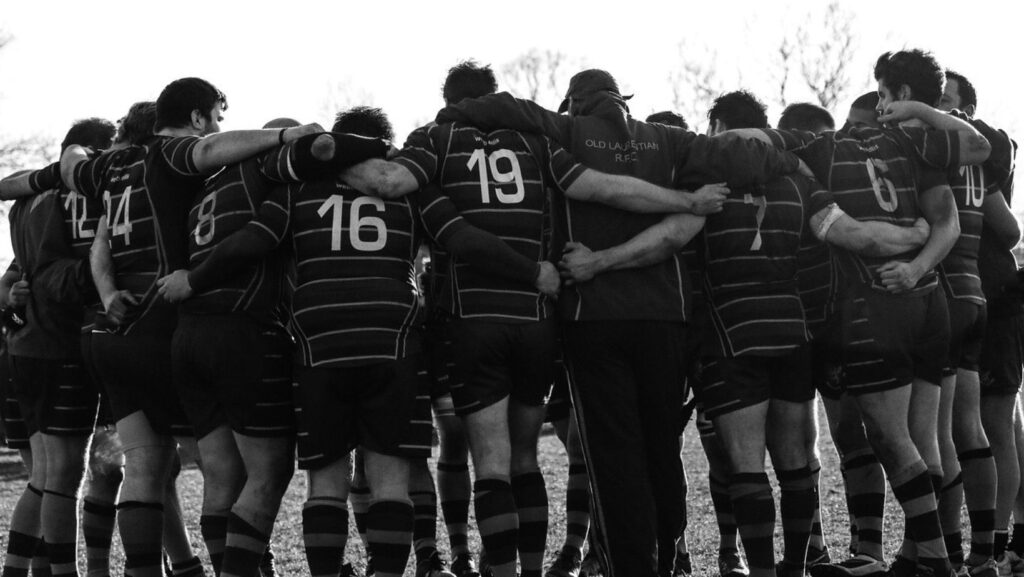

Rugby is far more than just a sport in New Zealand—it’s woven into the fabric of the country’s culture and identity. What began as a British pastime in the 19th century soon became a cornerstone of Kiwi life. Rugby, especially through the iconic All Blacks, has grown to represent unity, pride, and the essence of what it means to be a New Zealander.
From Colonial Roots to National Pride: The Origins of Rugby in New Zealand
Learning about rugby in NZ shows how the sport first arrived with British settlers in the 1800s, who introduced it as a way to pass the time. Initially, it was mostly played by Europeans, but soon Māori communities became involved, adding their own contributions to the game. By the 1870s, rugby was being played across the country and quickly became a shared experience that united people from different backgrounds.
Things really took off in 1905 when the All Blacks went on their first international tour, and their success helped make rugby a symbol of national pride. It wasn’t just a game anymore; it became a way for New Zealand to express its growing identity as a country separate from Britain. Rugby played a big part in bringing people together and building the pride that still exists today.
Rugby as a Cultural Touchstone: How the Sport Became Part of New Zealand’s DNA
Rugby has grown into a defining part of New Zealand’s culture. The All Blacks are seen as more than just a rugby team; they represent the nation’s values of strength, resilience, and unity. The haka, a Māori war dance performed before every match, has become one of the most iconic symbols of New Zealand, connecting the team to their Māori heritage and the broader cultural history of the country.

For New Zealanders, the All Blacks are a source of immense pride, embodying the Kiwi spirit.
More Than a Game: The Social and Political Impact of Rugby on Kiwi Society
Rugby has done more than just entertain—it has been a powerful social force in New Zealand. Over the years, the sport has helped break down barriers between different communities, creating opportunities for people from Māori, European, and Pacific Island backgrounds to connect and unite.
Māori players, in particular, have been instrumental in the All Blacks’ success, helping change perceptions and break stereotypes. The inclusion of Māori players in New Zealand’s rugby culture has also played a key role in reshaping the country’s view of its history and identity.

Additionally, the rise of the Black Ferns, New Zealand’s women’s rugby team, has helped challenge gender norms and expanded the reach of rugby to women and girls across the country. Their success on the world stage has played a role in changing attitudes toward gender equality in sports.
A Lasting Legacy of Unity and Pride
Rugby continues to be a source of immense pride for New Zealanders. It’s a sport that goes beyond just winning matches; it reflects the heart of the nation. Rugby remains a constant part of the country’s cultural identity, helping Kiwis connect with each other and their heritage, whether played in small towns or packed stadiums.












